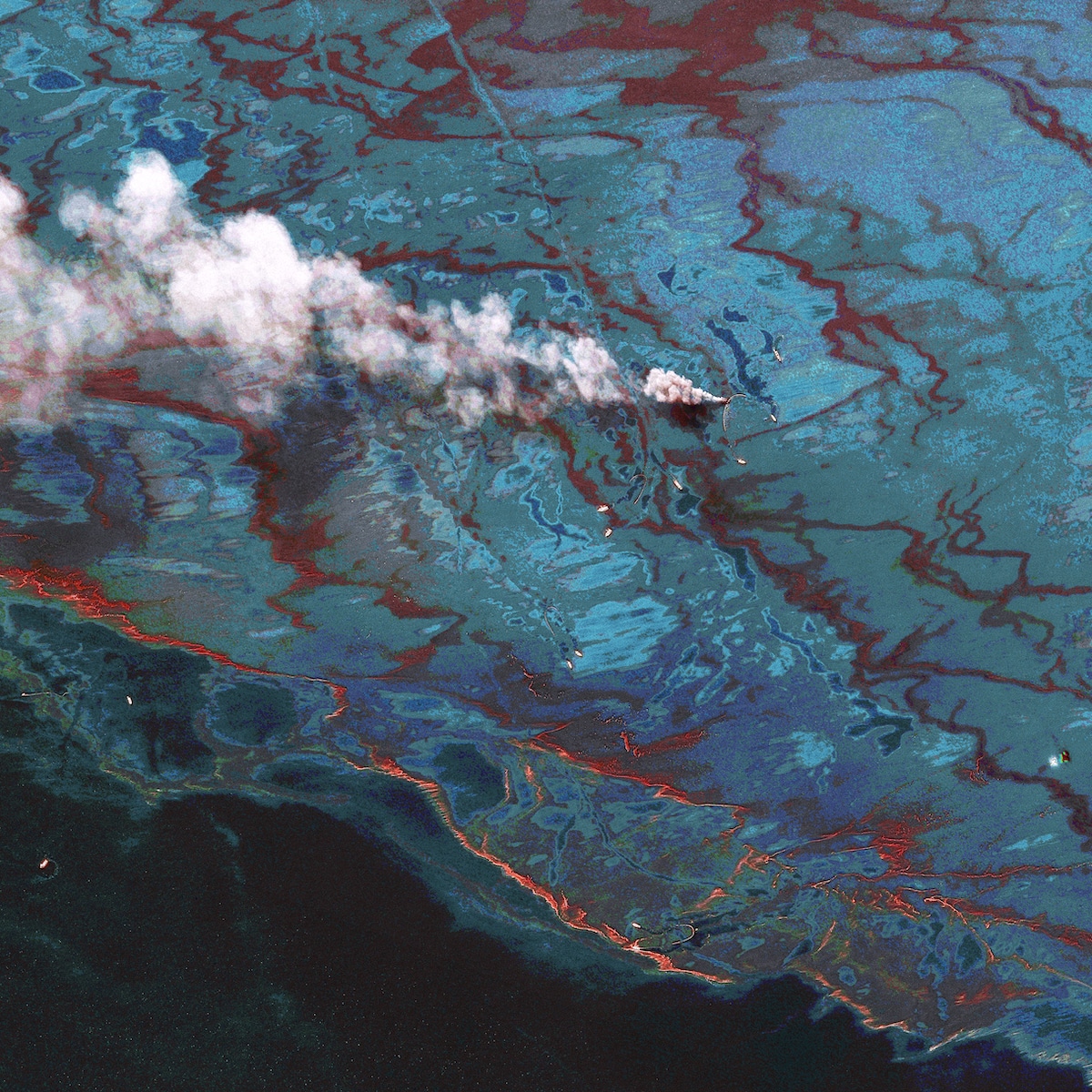EPA Toughens Rules on Chemicals Used to Break Up Oil Spills

 Why you can trust us
Why you can trust us
Founded in 2005 as an Ohio-based environmental newspaper, EcoWatch is a digital platform dedicated to publishing quality, science-based content on environmental issues, causes, and solutions.
The U.S. Environmental Protection Agency (EPA) has announced stricter standards governing the response to offshore oil spills and releases of hazardous substances into the waters of the United States and its adjoining shorelines, a press release from the EPA said.
The new standards under the National Contingency Plan (NCP) encourage the development of products like biological and chemical agents used to mitigate oil spills that are safer and more effective, require increased transparency in the use of these products and give emergency responders more information on better targeting their use of the agents.
The new rules come amid ongoing concerns about the effects chemical disasters have on public health and wildlife. The EPA had not updated its rule regulating the chemicals since 1994, reported The Guardian.
“What heartened me was the shift to holding the industry more accountable for its own product use by requiring things that should have been required decades ago,” said Riki Ott, an Alaska toxicologist who is the director of Earth Island Institute’s Alert Project and was the lead plaintiff in a 2020 case against the EPA that led the agency to update its oil spill response plans, as The Guardian reported.
Research has connected exposure to the oil dispersant chemicals used by BP following its 2010 Deepwater Horizon explosion with heart conditions, increased cancer risk and higher premature birth rates and births of underweight infants.
“What has happened to the BP workers and coastal residents with all these illnesses and lingering harm and sick and dying children. Nobody wants that to happen again,” Ott said, as reported by The Guardian.
The final rule revises Subpart J of the NCP governing the listing and use of chemical and biological agents, including dispersants, when responding to oil spills, the press release said. It amends the criteria in Subpart J for listing NCP Product Schedule agent products, revises the provisions for authorization of use and updates testing protocols for listed agent products.
Products listed on the NCP Product Schedule may be used as part of the response to an oil spill when authorized by on-scene coordinators.
The purpose of the new and amended provisions in the final rule is to improve the effectiveness and safety of spill mitigating products and better tailor the products’ use to reduce risks and to make sure emergency responders have enough information so that they can make better decisions concerning when and how to use biological or chemical agents.
“When hazardous substance releases or oil spills occur that can harm our environment, it is crucial that we ensure response efforts are guided by the safest, most effective, most protective practices,” said Clifford Villa, deputy assistant administrator for EPA’s Office of Land and Emergency Management, in the press release. “This rule will increase transparency and reporting requirements and support the emergency responders working to protect our communities.”
Under the new rule, state and local officials will have more authority in the decision to use dispersants.
“Our people will never see justice for the impacts caused by the BP disaster in 2010,” said Kindra Arnesen, a south Louisiana commercial fisher who was another plaintiff in the 2020 case, as The Guardian reported. “If it’s left up to the state of Louisiana, the community members will be the tradeoff every time for oil and gas.”
Subscribe to get exclusive updates in our daily newsletter!
By signing up, you agree to the Terms of Use and Privacy Policy & to receive electronic communications from EcoWatch Media Group, which may include marketing promotions, advertisements and sponsored content.

 233k
233k  41k
41k  Subscribe
Subscribe 




